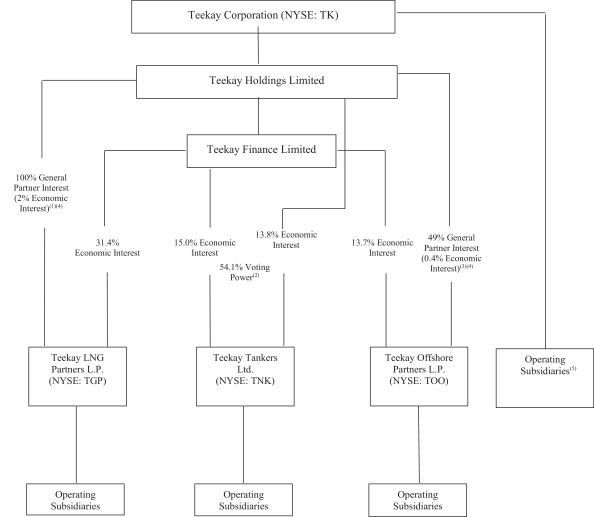rates of U.S. federal income tax in respect of long-term capital gains. A U.S. Holder’s ability to deduct capital losses is subject to certain limitations.
CertainNon-Corporate U.S. Holders are subject to a 3.8% tax on certain investment income, including capital gains from the sale or other disposition of stock.Non-Corporate U.S. Holders should consult their tax advisors regarding the effect, if any, of this tax on their disposition of our common stock.
Consequences of Possible PFIC Classification
Anon-U.S. entity treated as a corporation for U.S. federal income tax purposes will be treated as a PFIC in any taxable year in which, after taking into account the income and assets of the corporation and, pursuant to a “look through” rule, any other corporation in which the corporation directly or indirectly owns at least 25% of the stock (by value), either: (a) at least 75% of its gross income is “passive” income; or (b) at least 50% of the average value of its assets is attributable to assets that produce or are held for the production of passive income. For purposes of these tests, “passive income” includes dividends, interest, gains from the sale or exchange of investment property and rents and royalties (other than rents and royalties that are received from unrelated parties in connection with the active conduct of a trade or business). By contrast, income derived from the performance of services does not constitute “passive income.”
There are legal uncertainties involved in determining whether the income derived from our time-chartering activities constitutes rental income or income derived from the performance of services, including legal uncertainties arising from the decision inTidewater Inc. v. United States, 565 F.3d 299 (5th Cir. 2009), which held that income derived from certain time-chartering activities should be treated as rental income rather than services income for purposes of a foreign sales corporation provision of the Code. However, the IRS stated in an Action on Decision (AOD2010-01) that it disagrees with, and will not acquiesce to, the way that the rental versus services framework was applied to the facts in theTidewaterdecision, and in its discussion stated that the time charters at issue inTidewaterwould be treated as producing services income for PFIC purposes. The IRS’s statement with respect toTidewatercannot be relied upon or otherwise cited as precedent by taxpayers. Consequently, in the absence of any binding legal authority specifically relating to the statutory provisions governing PFICs, there can be no assurance that the IRS or a court would not follow theTidewaterdecision in interpreting the PFIC provisions of the Code. Moreover, the market value of our common stock and our publicly traded subsidiaries may be treated as reflecting the value of our assets, and our publicly traded subsidiaries’ assets, respectively, at any given time. Therefore, a decline in the market value of our common stock, or our publicly traded subsidiaries, which is not within our control, may impact the determination of whether we are a PFIC. Nevertheless, based on our and our look-through subsidiaries’ current assets and operations, we intend to take the position that we are not now and have never been a PFIC, and our counsel, Perkins Coie LLP, is of the opinion that it is more likely than not that we are not a PFIC based on applicable law, including the Code, legislative history, published revenue rulings and court decisions, and representations we have made to them regarding the composition of our and our look-through subsidiaries’ assets, source of income and nature of activities and other operations, including:
the total payments due to us under each of our time charters are substantially in excess of the current bareboat charter rate for comparable vessels;
the income derived from our participation in pooling arrangements and from our other time and voyage charters will be greater than 25% of our total gross income at all relevant times; and
the gross value of our vessels participating in pooling arrangements and servicing our other time and voyage charters will exceed the gross value of all other assets we own at all relevant times.
An opinion of counsel represents only that counsel’s best legal judgment and does not bind the IRS or the courts. Accordingly, the opinion of Perkins Coie LLP may not be sustained by a court if contested by the IRS. Further, no assurance can be given that we would not constitute a PFIC for any future taxable year if there were to be changes in our or our subsidiaries’ assets, income or operations.
S-18


